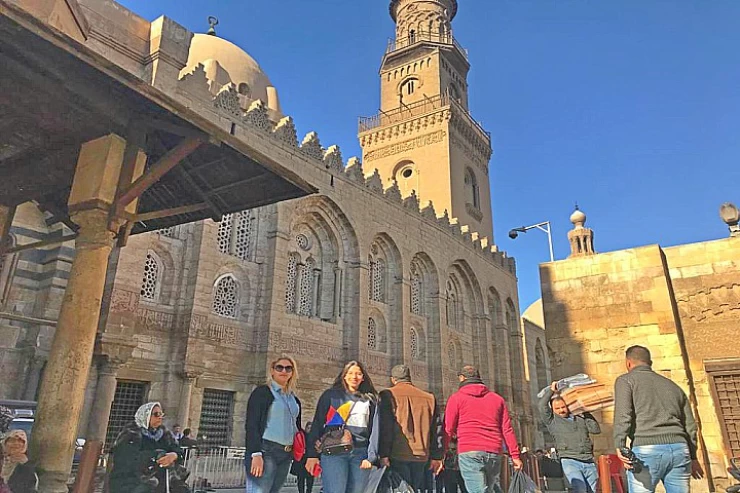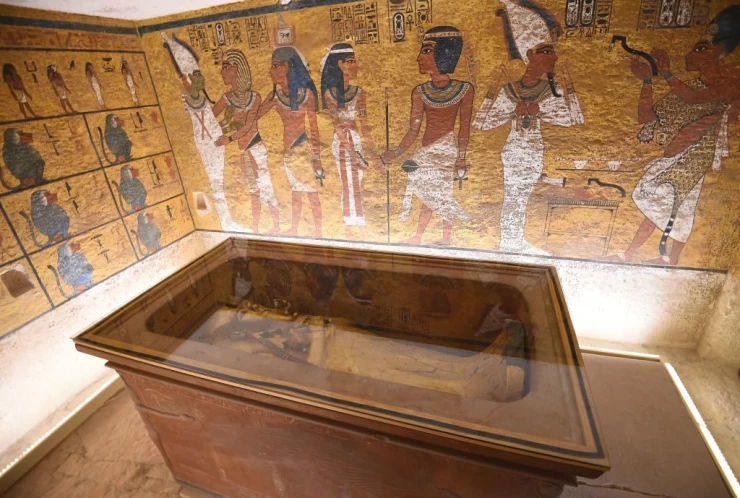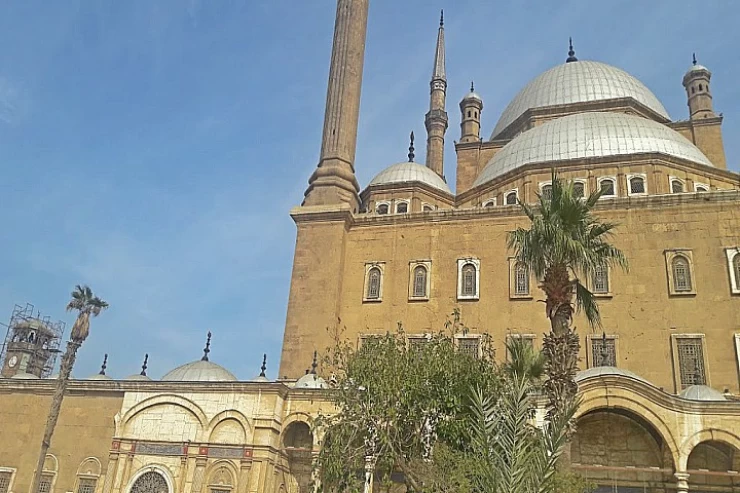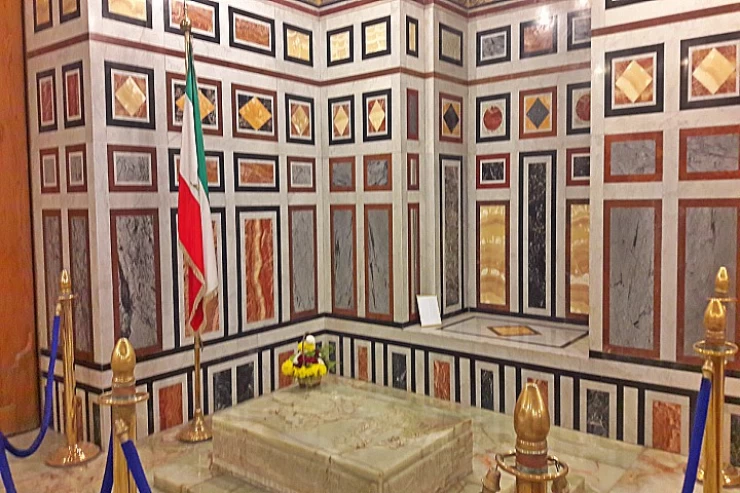
Arab Islamic Invasion of Egypt
Arab Islamic Invasion of Egypt
During the reign of Caliph Omar ibn al-Khattab, the Arab Muslim commander Amr ibn al-As annexed Egypt to the Islamic Caliphate in what is known as the Islamic conquest of Egypt after he completed the annexation of Palestine from the hands of the Romans and aimed to secure the conquests.
Caliph Omar ibn al-Khattab was afraid of the Islamic armies entering Africa and described them as dispersed, but the commander Amr ibn al-As was fond of Egypt before Islam, and after he achieved victory over the Romans at the Battle of Ajnadin he asked permission to invade Egypt, who initially refused to accept, but soon afterwards Amr ibn al-As agreed and sent him supplies.
Amr ibn al-'As headed with his army towards Egypt via the land war route, crossing the Sinai, passing through al-Arish and al-Farma, then besieged and captured the fortress of Babylon. At that time, Egypt was ruled by the Romans, who took Alexandria as the capital of the country and established military fortresses along the length and breadth of the country with Roman garrisons, and the strongest of these fortresses was the fortress of Babylon, which soon fell.
As soon as it fell, the rest of the fortresses in the Delta and Upper Egypt collapsed in front of the Islamic armies. Amr ibn al-‘As captured Egypt by the fall of Alexandria in 21 AH and concluded a treaty with the Romans, after which they withdrew from the country, ending the Roman rule of Egypt and beginning the Islamic rule in the era of governors, and Amr ibn al-’As was the first Muslim governor.
During Byzantine rule, Egypt was directly subordinate to the Byzantine Emperor in Constantinople, due to its economic importance to the Roman state in the east and west, as Egypt was considered the empire's granary, unlike the rest of the provinces of the Roman state, which were subject to the rule of the Senate.
The difference between the faith of the Egyptians and their rulers was a reason for their persecution by the Byzantines, because the faith of the Egyptians, who rejected the decisions of the Council of Chalcedon (451), differed from that of the Byzantines, who accepted the decisions of this Council.
The Muslims did not divide the land of Egypt among the conquerors, but only imposed taxes on the Egyptians, and left it in the hands of the people to maintain it and make it fruitful. In the time of the Rashidun caliphs, the land was surveyed, the government kept records, built and maintained a large number of roads, and built bridges around rivers to prevent flooding.
Amr ibn al-'As also returned the Patriarch Benjamin, who was fleeing Roman persecution, to his papal chair. Amr ibn al-'As also re-excavated the Sesostris Canal, known as the Bay of Amir al-Mu'minin (Commander of the Faithful).
The Muslims also abolished one of the bad customs that existed before the conquest, which is the custom of the so-called bride of the Nile, which is throwing a virgin girl into the Nile in the month of Buna until it flows and overflows


















